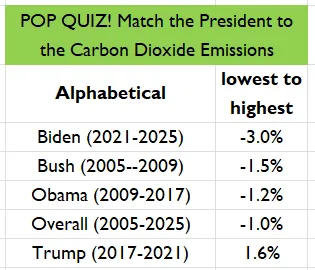if you try hard enough everything can be about climate change
http://climatechangepredictions.org/uncategorized/5889
“Scholars increasingly recognize the magnitude of human impacts on planet Earth, some are even ready to define a new geological epoch called the Anthropocene,” said anthropologist and fire expert Christopher I. Roos, an associate professor at Southern Methodist University, Dallas, and a co-author on the research. “But it is an open question as to when that epoch began,” said Roos. “One argument suggests that indigenous population collapse in the Americas resulted in a reduction of carbon dioxide in the atmosphere because of forest regrowth in the early colonial period. Until now the evidence has been fairly ambiguous. Our results indicate that high-resolution chronologies of human populations, forests and fires are needed to evaluate these claims.” “A contentious issue in American Indian history, scientists and historians for decades have debated how many Native Americans died and when it occurred. With awareness of global warming and interdisciplinary interest in the possible antiquity of the Anthropocene, resolution of that debate may now be relevant for contemporary human-caused environmental problems,” Roos said. SMU Research, 25 Jan 2016 thanks to ddh
— gReader Pro


